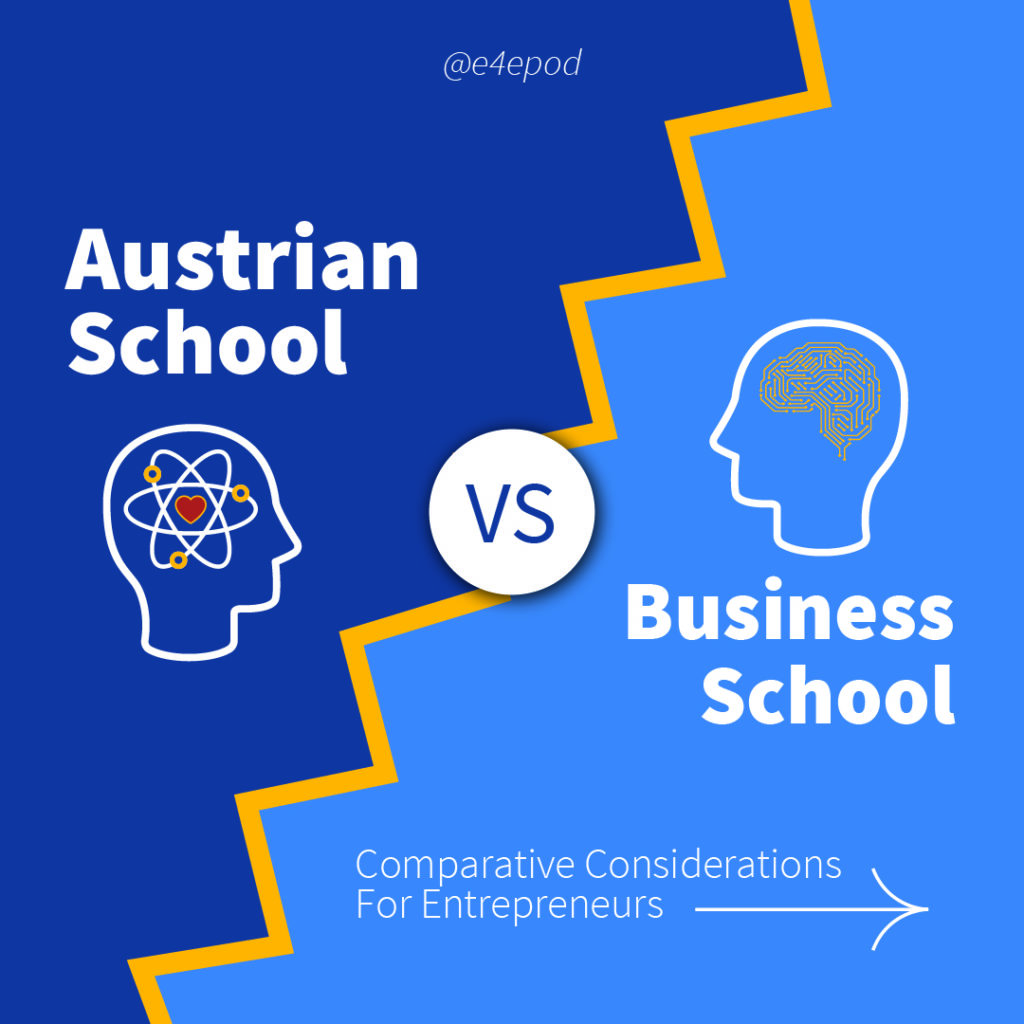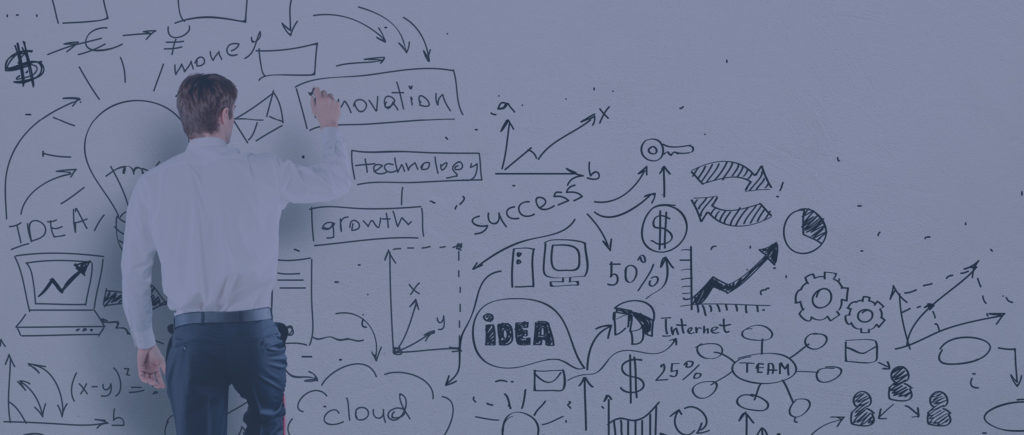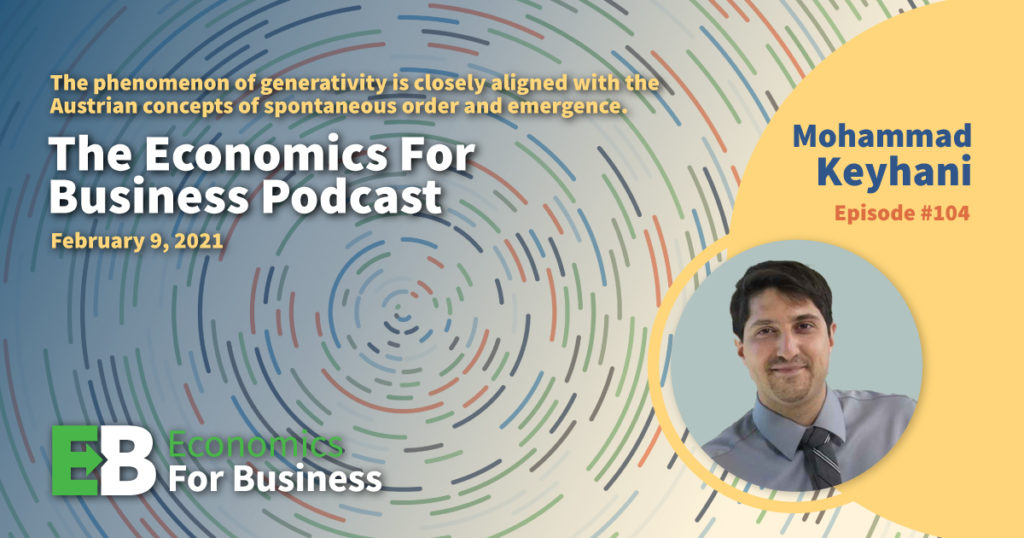When Businesses Re-Think Value Using A Subjectivist Approach, Many Beneficial Consequences Follow.

When businesses take the time and analytical effort to think about value and to define it from the customer’s perspective, they will realize the opportunity to re-shape their business models and manage their business in new ways.
Here is a quote from a respected business source, highly ranked on the Google search page:
What’s the purpose of your business? Some would define it as profitability, cash flow, security, or freedom. The purpose of a business is to serve the values of you as the owner. Its purpose is value creation for the owner.
And, in a 2020 post, respected consultancy McKinsey demanded a clear definition of value and then failed to give it.
Particularly at this time of reflection on the virtues and vices of capitalism, we believe it’s critical that managers and board directors have a clear understanding of what value creation means. For today’s value-minded executives, creating value cannot be limited to simply maximizing today’s share price. Rather, the evidence points to a better objective: maximizing a company’s value to its shareholders, now and in the future.
These quotes are a tiny slice of what’s out there: multiple definitions or approximations or circumlocutions for value.
Value is not a thing. It can’t be created or maximized. Value is a personal feeling of satisfaction experienced by an individual, in their own mind. It’s positive, because it occurs when an experience is preferable to an alternative or to an expectation or to what went before. It can be expressed or communicated by the individual, but it can’t be measured.
The purpose of a business is not “value creation for the owner” but the facilitation of value for the customer. That word facilitation is important. When a customer senses value potential – the possibility that a consumption experience might be satisfying and fulfilling to them – they may seize it. They buy, they use. They create value. There is no value without consumption. Value is in the customer’s domain. They are the ones who discover new values; they are the ones who innovate, because without them there is no innovation. Innovation is an experience of the customer.
The business is the facilitator for the customer. This role is a major change for many businesses compared to the way they currently think about themselves. There are numerous significant implications.
Businesses and customers co-navigate the uncertain seas of value.
In their recently published paper, Subjective Value In Entrepreneurship, Professors Per Bylund and Mark Packard point to the value uncertainty that both consumers and businesses experience. Consumers know what problems they are trying to solve or what dissatisfactions they are trying to overcome, but they can’t know whether the business’s offering is going to deliver the satisfaction they are looking for. Will this suit make the right impression in the office? Will this spaghetti and meatballs remind me of the time I spent in Rome? Will this car deliver 35 mpg even though I use it mostly just to ferry the kids back and forth to school? Consumers can never be sure that they’ll have the experience they want.
It’s the same for businesses. It’s impossible to know how the consumer will feel, and impossible to know whether the specific combination of features and benefits and website design and advertising and customer service will precisely meet one customer’s requirements, and to know how much different the next customer’s requirements will be.
The customer and the business are both searching for the perfect intersection of wants and solutions. Neither one of them can know exactly where that intersection lies. This makes them equal partners in value in a way that businesses have not typically treated customers in the past. Value is created by customers; businesses facilitate. Innovation is actualized by customers; businesses bring it to market. Discovery of new uses and applications is the task of the customers; businesses observe and adapt.
Businesses must grant customers a new co-equal role.
A business or brand is just one part of a value facilitation network.
When the consumer experiences value, it’s experienced within a consumption experience system. Tide laundry detergent is consumed as a combination of chemicals designed to get clothes white and bright and smelling nice. It’s used in a washing machine, of which there are numerous brands and types and sizes the world over, connected to all kinds of water systems with many kinds of water (hard, soft, mineral, etc.). It’s used on all kinds of fabrics, at many different temperatures and altitudes. It may be used in conjunction with other additives such as bleach or fabric softener. The washed clothes may be to wear at school or on the sports field, or to the office or to a party. They may be worn in all kinds of weather. The washing detergent is bought on a trip to the supermarket along with other groceries, and must be transported from the store to the laundry room.
The consumer has a system. They have a lot of household chores and they allocate them to certain times of the day or week and they have certain ways of completing those chores. They experience value within this system. They orchestrate all of their providers to make the system work for them.
It’s important for value facilitation for businesses to see themselves as a node and a set of connections within a value facilitation network – a value net. What is the best way to fit in to make the consumers’ system work best for them, on their terms? How do different consumers’ systems vary? How does that affect the business’s “fit”? How can a business fit more consumer systems? How can a business earn greater significance in a consumer’s system by helping them orchestrate, or by helping them with multiple jobs rather than one?
Business is a responder rather than an initiator.
A major change in business mindset is called for when value is redefined as subjective, and as a consumer experience. Our traditional mythology of business is as the proactive initiator of relationships with customers, the discoverer of new techniques, the innovator, the advertiser pushing new solutions to a grateful crowd of takers. The “great men and women” theory of business as led by extraordinary visionaries fits this mold of thinking. The Steve Jobs attitude of “people don’t know what they want until I design it for them and present it” is similarly reflective of the accepted imagery that business leads and people follow.
In reality, business is the follower, or at least the responder. The demand for innovation and better service and better experiences comes from consumers. They are the ones who cultivate the realization that not everything works as well as it should, that the levels of service that are offered are not good enough, that experiences could be better. They send out signals to this effect via what we call dissatisfaction or unease with the status quo.
The effective businesses are those that respond best to these signals, the ones with the best antennae and with the best interpretation of signals that may be coded in a different language than businesses are used to. These businesses are especially tightly coupled to their customers. They are skillful in exercising empathy, and in imagining experiences from the consumer’s perspective. They exhibit better understanding.
The consumer signals indicate there is potential for new value. The task of business is to see this potential and fashion a responsive offer that can trigger its realization. It’s a humble approach to business, an assembly of experiments to see if they can get to the right response, rather than a magisterial strategy or business plan for success.
Here’s a simple example. A recent Ford F150 truck re-design features an interior with a flat surface work “desk” for using a laptop, and an exterior power supply for plugging in all kinds of electrical equipment (the ad shows a DJ hauling and plugging in his gear). Did Ford independently initiate these ideas? No. They responded in an agile way to the practices of truck owners, some of whom spend hours a day working in their cabs, including computer work, and some of whom are entrepreneurial DJ’s hauling their gear to where the gigs are and asserting their independence from other people’s power sources. The consumer acts, the business responds. That’s the new subjective value generation method.
Subjective value thinking puts business in a different place in society.
When the purpose of business is to facilitate valued experiences for customers, to help them achieve betterment in their lives, and to find meaning and purpose in the successful pursuit of that betterment, we can view businesses in a new light. We can discard the cynical expectations of exploitation of unsuspecting customers instilled in us by our Marxism-tinged educators, and embrace the understanding of businesspeople devoted to the betterment of customers, and thereby the betterment of society. Businesses are sustained by the entrepreneurial ethic of serving others in order to help themselves. This ethic is the foundation of economic society, and subjective value thinking highlights it in the most appropriate way.







Responses